John Jumper (B.S. ‘07) recently shared in the 2024 Nobel Prize in chemistry. The Hustler sat down with him earlier this week to discuss his journey into research and his career path, including his time at DeepMind, where he led the Nobel Prize-winning AlphaFold project. Jumper also shared his experiences at Vanderbilt, reflected on the potential of AI in science and provided advice to aspiring undergraduate researchers.
Vanderbilt Hustler: What inspired you to go into research? Were you always interested or was that a later development?
Jumper: I was always very excited about science. I think at least in most of high school, I wanted to go into science, and I loved quantum mechanics and the boundaries of knowledge, so it was a long time for me.
Do you have any memorable experiences at Vanderbilt that you would like to share?
One of the real opportunities I had was the physics department at Vanderbilt, and it was still pretty small in terms of students that graduated, something like 10 to 12 [students] a year. But there were a tremendous number of professors, so there were all these opportunities to do undergraduate research and work with different professors.
I really thought for a long time I was going to be a ‘laws of the universe’ physicist and work on high energy physics and big particle accelerators. I went and did it, and Vanderbilt has an incredible group doing that, but I remember talking to people and saying, ‘You know, this experiment we’re working on, when is it actually going to turn on?’ And one of the professors said, ‘Well, you know, it’s going to be a while. I may be retired by then,’ and another professor next to him said, ‘I may not be around.’ I almost immediately realized I wanted something with more immediacy. I think Vanderbilt gave me a great education and a chance to figure out the paths I didn’t want to take as an undergraduate instead of in graduate school.
What was your educational trajectory?
I bounced around quite a bit. When I was at Vanderbilt, I got the Marshall Scholarship, which pays for a Ph.D. in the [United Kingdom]. I was in physics and didn’t love it, so a year into my Ph.D., I decided to drop out. When I dropped out, I decided I would spend a year or two working some job and then come back for my Ph.D. in the US. I actually applied to finance firms and was planning to work there for a bit. One company I emailed was D. E. Shaw & Co., which is one of the larger quantitative hedge funds. They said, ‘We don’t have anything in finance, but you know about our biomedical research group that basically studies how proteins move on with custom computing hardware?’ And I said, ‘No, but that sounds way better.’ So I ended up working there and absolutely loved it. I learned so much for about three years, and I fell in love with biology and computational biology and then decided I wanted a Ph.D. I remember talking to someone at work who said he knew this professor in [the University of Chicago chemistry department], and so that’s how I ended up with a degree in chemistry.
Do you have any advice for students looking to pursue a career in research? What measures should they be taking as undergraduates to be successful in the future?
[I know] one kind of dumb joke that I think summarizes things well: As you know, they call it research, not search, right? But it’s very, very hard. You kind of imagine that, as an undergrad, going and doing research will be just like undergrad but a bit harder, and you’ll be a bit more prepared. And that’s not right. There’s an enormous qualitative difference between learning really great facts that have been discovered and really learning new facts and building new ideas. The amount of trial and effort, failure, intuition and uncertainty that goes into [research] is hard to prepare for.
I would very much say that undergraduates thinking about going into a career in research should really also try undergraduate research. Figure out what people really do, and Vanderbilt is a great place to do that.I think to be a researcher you really want to be a researcher in an area that’s ready to make big breakthroughs. I’ve worked both in areas that aren’t ready to make big breakthroughs and ones that are. It’s a lot more fun to be in the latter. The other point is just to be active, to be engaging. Don’t be the person who sits inside and never asks a question — that doesn’t get you very far in science. If you’re technically excellent, you have to engage.
What were some of the biggest challenges you have faced during your research?
There are always the social challenges of science, especially in the publication system. It’s a very social process. There’s this notion of acceptance of questions as being important to research that feeds all the way back into funding and other things.
Early on in my Ph.D., there was a whole area of using statistics. We didn’t call it AI at the time, or even if you did, it was kind of disreputable to be working in because people would consider slightly better pattern matching, and real physicists did proper integrals on proper things. Of course, it’s very fashionable to be working in AI and science right now, but aligning with that or not aligning with that and moving the field toward you is a real challenge. I found it a lot more fun to do science in teams and often in an industrial setting than to do it academically. It’s a lot more fun to chase the constant failure and occasional success of science in a group, so the social aspect of science just can’t be underestimated.
Do you believe in interdisciplinary approaches to science?
Yes and no. I believe in interdisciplinary, but I think what is most important is that people are interdisciplinary. I’ve benefited quite a bit in my career by learning from some incredible physicists, biologists, chemists and computer scientists and then being able to work as myself at the intersection. I think if you want to do intersectional science, and that’s very important, you should find the very best. Go talk to the very best machine learners. Go talk to the very best experts in this field. Figure out what problems they really have. Do the interdisciplinary part yourself by going to both sides and not seeking out too much of the interdisciplinary spaces yourself. I mean, we would run journal clubs around Alpha Fold. We would generally either pick the absolute latest machine learning that was done with no proteins or biology in mind at all or core biology. We applied standard machine learning techniques to standard biological problems because you learn so much from the experts. You want to be able to speak the language of both communities and then work at the intersection.
How important was collaboration with other scientists in your work?
First of all, this was done as a team. I led a team of around 15 people that worked on [AlphaFold] full time, and collaboration was extremely intense. We would have a daily stand-up meeting where we would all talk about what we did yesterday and what we were going to do today. More importantly, we built on each other’s ideas enormously. I remember a senior scientist at DeepMind telling me afterward that he was so impressed because he would watch one person propose an idea, a second person refine it and the third person implement it. And we give credit to everyone, right? We were building off each other’s ideas day to day — not month to month or year to year. We’ve also been fortunate to collaborate with the European Molecular Biology Laboratory [to make AlphaFold] available. How do you actually present these predictions to scientists? How do you help them understand it and use it well and responsibly? Ultimately, we want this tool to help experimental scientists do better experiments. How do you build trust in this? Many [people] have been really incredible partners on this.
Can you share a significant mentorship experience that has shaped your career?
Kevin Bowers was the person who phone screened me at my first real job at Digital Research. He asked me to talk about my master’s research. And I said, ‘Well, what’s your background?’ He said electrical engineering, so I started explaining to him exclusion principles and basic quantum mechanics. He goes, ‘No, no, no. I used to do some quantum Monte Carlo work. Did you use the primitive product factorization?’ How does this electrical engineer know that? Kevin was just an incredible scientist and incredibly good at details. He knew when he wrote a piece of computer code how many instructions were in the whole thing and which parts were slow. [He] had this encyclopedic knowledge and incredible attention to detail that I had almost never seen before. We worked together on some things, but it was also such an inspiration to have this incredible, high level of personal technical skill, and that is reflected in the work.
What do you see as the next big question or challenge in your specific area of study?
I think [that] for AI and science, there are clearly some great problems that have wonderful data sets. We’ve benefited from the Protein Data Banks, which is this wonderful collection with over 50 years of experimental science. There are some other problems that are beautifully set up for machine learning. I feel confident that major advances will be made, but then the question will become, ‘Will we get better at just a few areas that are well set up in terms of the data — that are exactly the right hammer to hit with our nail and not a screw that we’re hitting with our hammer?’ There will be all the other problems with less data or [that are] less well set up, and will we get the enormous benefits of AI in this? I think it will depend on the advances of more general reasoning systems. There’s a bifurcation where, certainly, AI has made us better at protein structure prediction. I think whether it makes us better at many problems or a few well-suited problems, we’ll find out in five or 10 years.
What do you hope your legacy will be in the scientific community?
Big question. I would love it if AlphaFold were the second most important thing I was known for. [The first] would be that people now recognize, and I think people already recognizing, that AI can do incredible things in science — not just recognize some patterns or do the kinds of work that humans do more efficiently, but instead make major advances in long standing problems. Effective computational biology approaches that are highly predictive have been extremely rare.
The second legacy is that we think a little bit more about team science and how teams can contribute more than individuals. As we move into the societal scientific process, how does academia adapt to build the types of teams that are more effective for us? In some areas, for example, at CERN [the European Organization for Nuclear Research], we’re already building and doing team science. But how do we think about this in areas like computational biology? I hope the example that we’ve given provides some influence going forward.

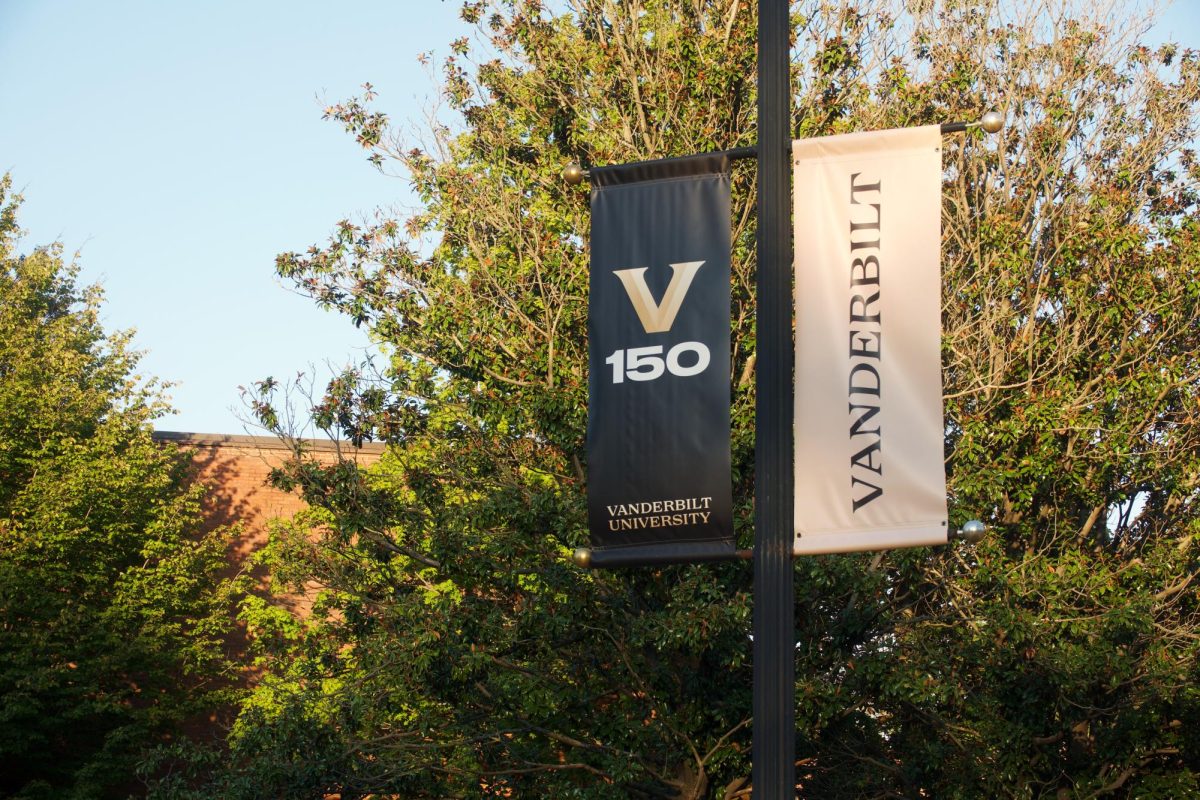

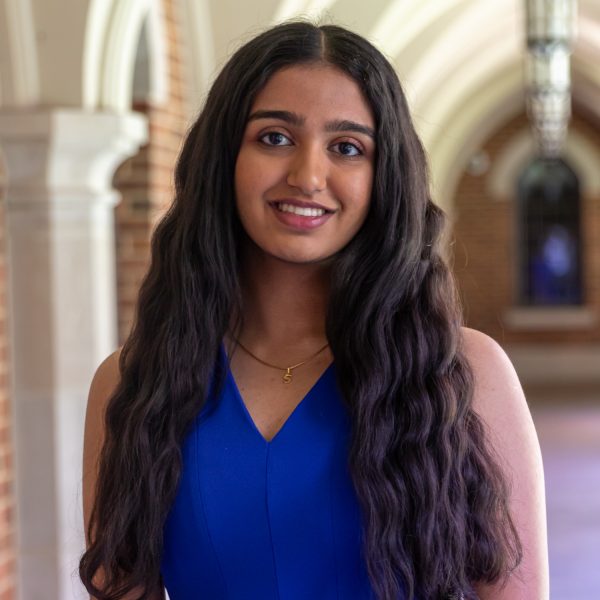
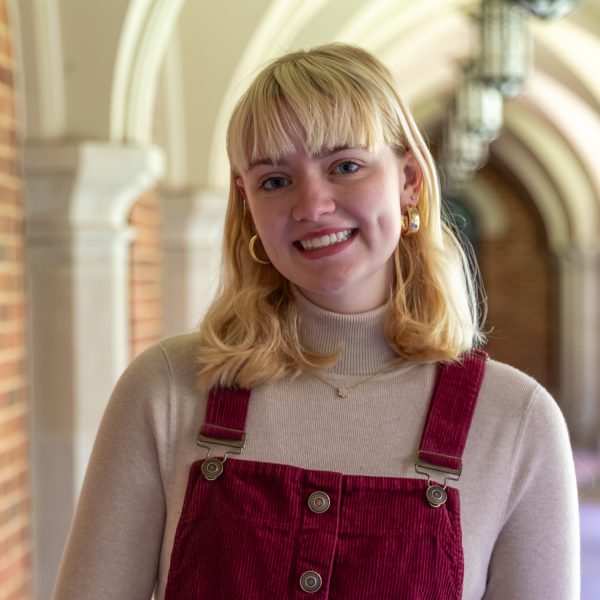
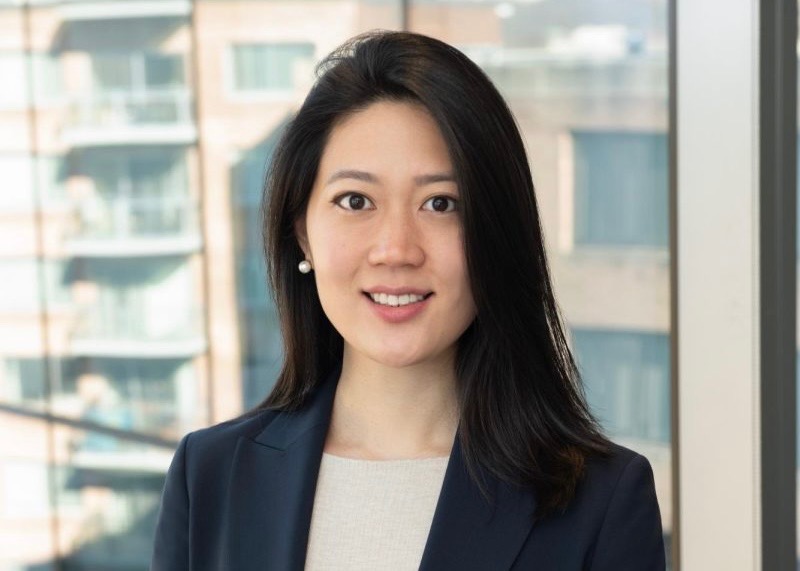


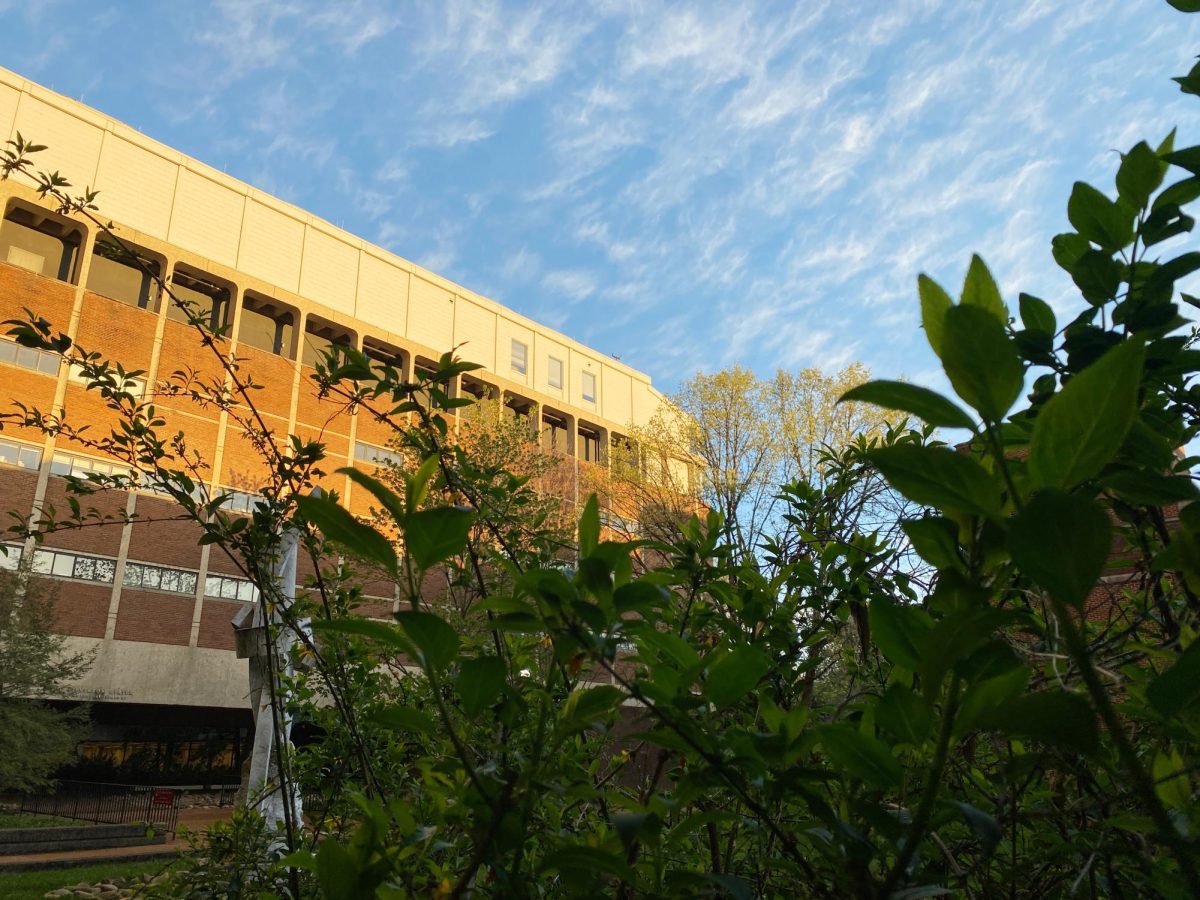
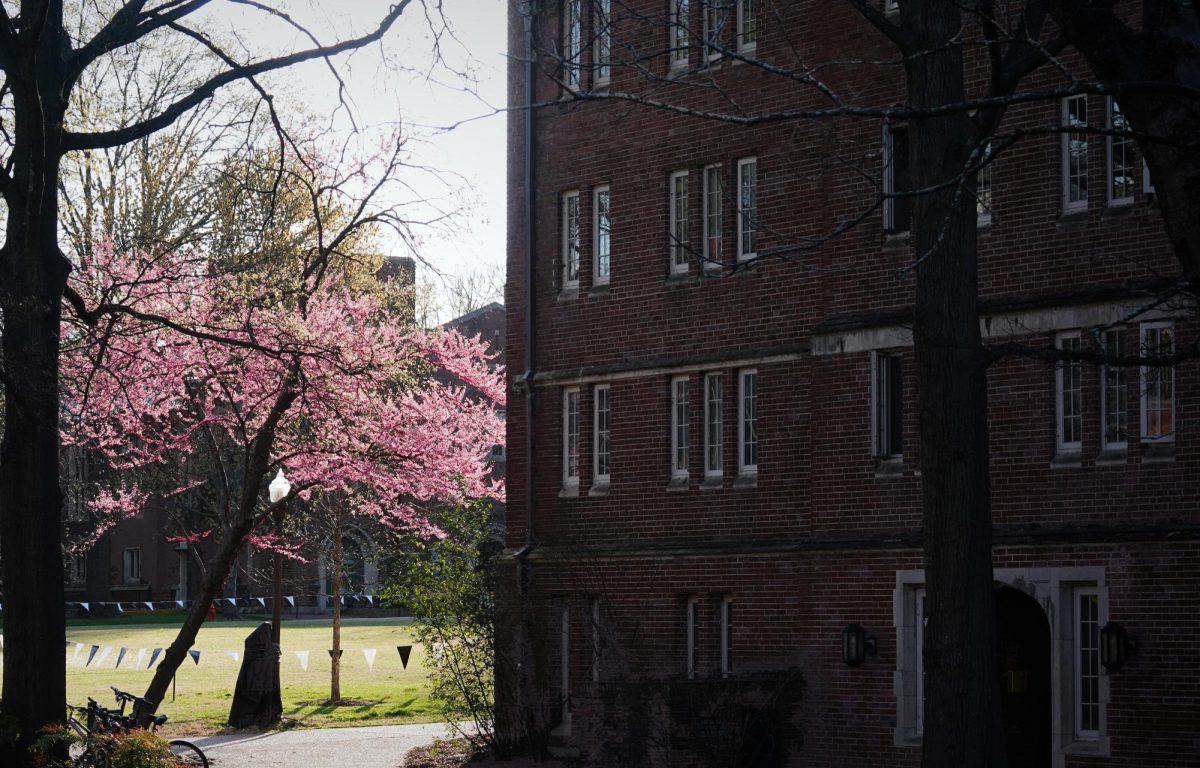
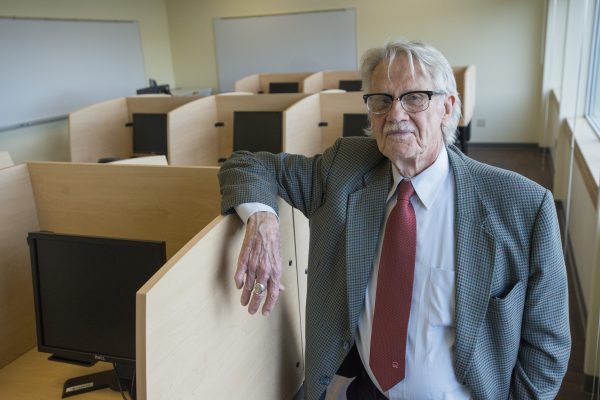
Minjae Kim • Nov 21, 2024 at 4:09 am CST
When will Dr. Jumper visit Nashville to deliver a keynote presentation?